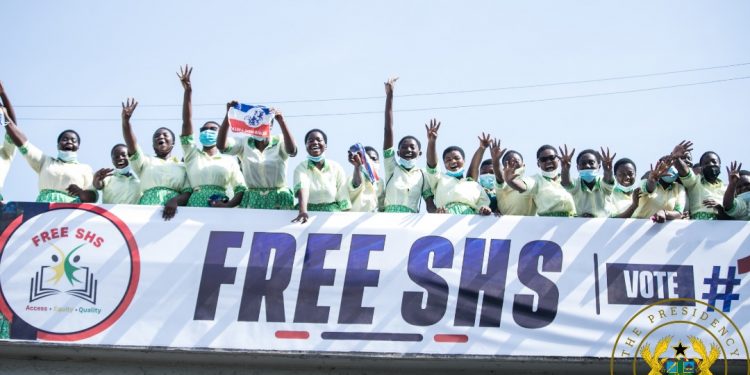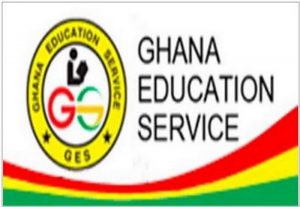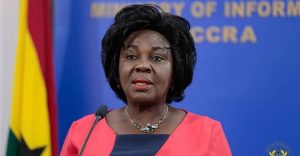A former Vice-Chancellor of the University of Ghana (UG), Professor Ernest Aryeetey, has called on the government to grant senior high schools (SHSs) some level of autonomy to help improve education in the country.
Such autonomy, he said, would give the schools the authority to mobilise funds to complement what the government provided for education, manage academic programmes and also help the schools protect their assets.
Speaking at the 96th Founders’ Day of Achimota School in Accra last Saturday, Prof. Aryeetey, said Achimota School, for instance, had the potential to mobilise sufficient resources from parents and the private sector to help develop the school when given the autonomy to do so.
“There are many other schools that could benefit from such an initiative, and that is why the Old Achimotans Association (OAA) has led the creation of an Alumni Council that brings together the leadership of about 40 schools to fight for such recognition for their schools,” he said.
The 96th Founders’ Day was on the theme: “Achimota School and the Empowerment of Generations: The First 96 Years.”
It was attended by many past and current students of the school, as well as foreign dignitaries.
Some highlights of the event were cultural performances by the students depicting the major ethnic groups in the country and praises for the founders of the school — Dr James Kwegyir Aggrey, Dr Frederick Gordon Guggisberg and Reverend Alexander Garden Fraser.
No elitism
Prof. Aryeetey, himself an old student of Achimota School, was of the view that allowing schools, especially those regarded as top schools, to be independent or granting them some form of autonomy would not lead to elitism.
Rather, he said, it would be an opportunity for the schools to be innovative and find means to develop individually to improve on their services to the country.
For instance, he said, Achimota School was a model educational institution set up by the colonial government in 1927 with a governing council that was independent and autonomous, with a mandate to develop generations of leaders in all spheres.
“The proposal for an autonomous SHS will not lead to elitism, if managed properly, just as the colonial government had planned. It will rather provide and raise leaders in all spheres of life who will transform this nation for the next century.
“We recognise that Achimota School needs to be free to mobilise resources that are required for it to become effective in transforming lives and empowering generations,” he stressed.
The suggestion by Prof. Aryeetey comes on the back of numerous calls by civil society organisations, notable personalities and interest groups for the government to stop the wholesale free SHS policy by allowing parents who can pay fees to pay.
For example, in July last year, the Institute of Economic Affairs (IEA) urged the government to review the free SHS policy to allow “rich parents” to pay fees.
According to the Director of Research of the IEA, Dr John Kwakye, such a move could help lessen the fiscal pressure on the government in the wake of the economic challenges facing the country.
“I am not against free SHS because human capital creates fiscal capital… but if some people can afford its payment, then let them pay, or we can even do cost-sharing,” he said.
Challenges
The Headmaster of Achimota School, Ebenezer Graham-Acquah, said the school had, throughout its 96 years of existence, produced men and women who were leaders in various fields and had contributed positively to national development.
However, he said, the school faced certain challenges, such as lack of adequate infrastructure to cater for the needs of its numerous students.
Another big challenge, he said, was the encroachment on its lands, adding that more than 100 acres of the school land had been encroached upon by people.







